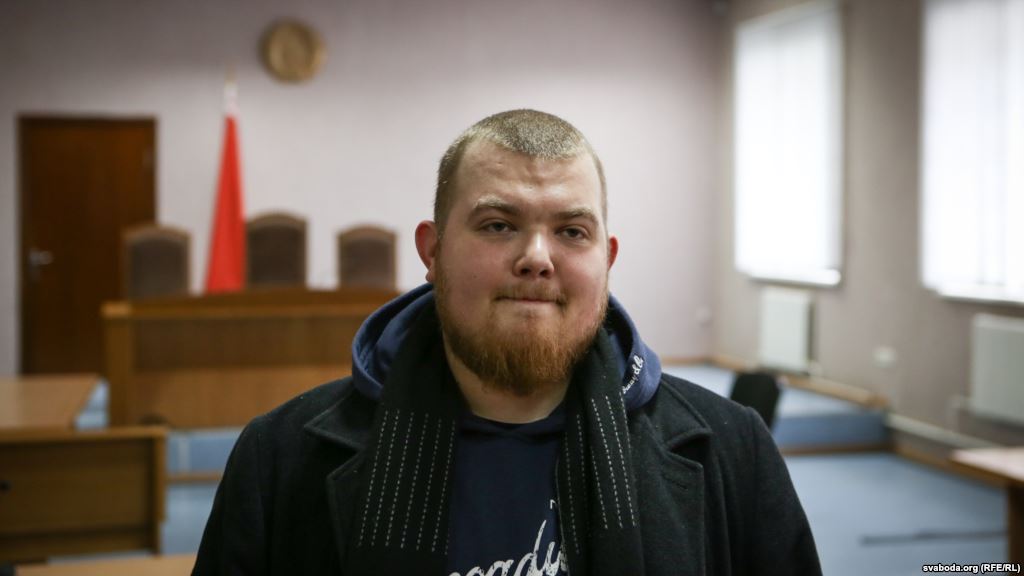Preventive Supervision Imposed on Pavel Vinahradau
Pavel Vinahradau faces criminal responsibility in case he violates the supervision regime at least three times. The activist has to stay indoors from 7 pm to 7 am; he is banned to leave Belarus (he can request a permit from the police to travel abroad).
On May 5, 2011, Pavel Vinahradau was sentenced to four years imprisonment for organizing and taking part in mass disturbances that took place in Minsk on December 19, 2010. On September 14, 2011, he was released under a presidential pardon. The authorities imposed a preventive supervision over the activist for 3.5 years. The period was then extended for six months more, as he had been held liable repeatedly according to art. 23.34 of the Code of Administrative Violations. The supervision was lifted in November 2015.
The grounds for the current supervision have become three administrative cases under art. 23.34 since the start of the year.
Earlier, Pavel Vinahradau had been brought liable under administrative and criminal law for the same activities – for exercise of his right to peaceful assembly, guaranteed by the Constitution of Belarus and international norms in the sphere of human rights. On June 6, the human rights center Viasna called to stop prosecution of the activist, and, remarkably, the statement was enclosed with the case materials.
The expert of the human rights center Viasna Pavel Sapielka thinks that the decision violates the activist’s rights:
“Certainly, the introduction of the preventive supervision over the activist is a way to restrict his rights arbitrarily, and it was applied for the man’s implementation of his rights to free expression and peaceful assembly. The preventive supervision against Pavel has been set for the term exceeding the time limit when he stops being regarded as a convict, which is also a violation.”
Preventive supervision is imposed on some convicts upon release from places of freedom restriction, to prevent them from further wrongdoings. Within the term of supervision, the convict has to register at the local police department and reside at the place of registry; inform law enforcement agencies about changes in the place of residence and work; request permits to leave the limits of the district (city) on business or personal trips. There might be additional demands to avoid visiting some places, to stay at home in certain hours, to visit law enforcement agencies from one to four times a month. Violation of the rules can end up with an arrest or freedom restriction.


















